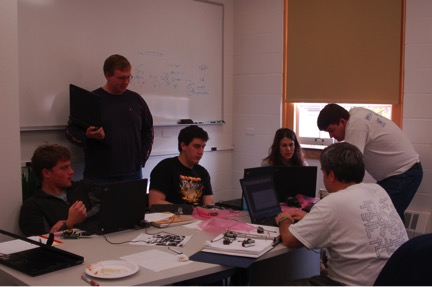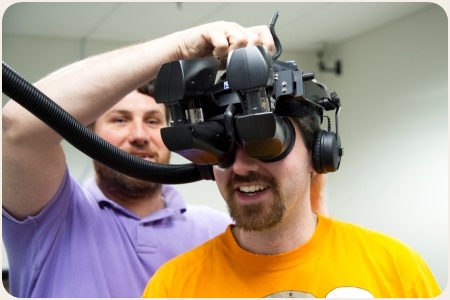Graduate Studies in Spatial Informatics, Spatial Information Science and Engineering, and Geographic Information Systems
From mobile phone technologies to robotics, geographic informations systems (GIS), the Internet of Things (IOT), and sensor networks, most modern information systems are now highly dependent on location and spatial concepts for organizing and tracking data and information. Spatial Computing describes the overarching research and scholarly domain that is being advanced by our academic programs. While the terms are often used interchangeably, we use Spatial Informatics to designate the academic learning domain intersecting spatial topics that extend primarily from a computing foundation. Spatial Information Science and Engineering is used to identify our research-based degrees that advance understanding in handling location and time in emerging information systems and applications. Geographic Information Systems is a domain focused on learning and applications in a popular and wide-spread software approach to handling location-based data.
For insights on
The Spatial Computing faculty group also serves as core teaching faculty in the closely related graduate programs in Information Systems and Data Science.
Learn more about our graduate programs in Spatial Computing.





